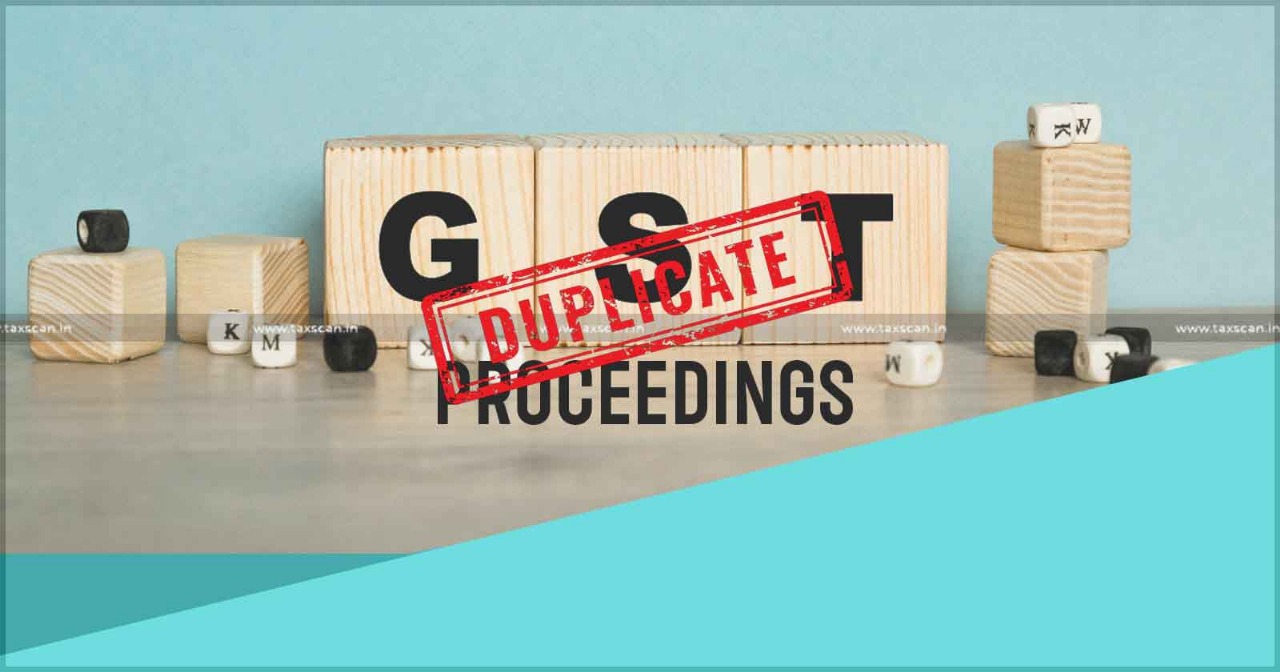Merely Being a Subsidiary Does Not Qualify as 'Agent' under GST: Bombay HC Criticizes Dept for Relying on Unrelated Definitions [Read Order]
Bombay High Court rules that a subsidiary is not an 'agent' under GST, directs refund for export services wrongly denied by the GST department
![Merely Being a Subsidiary Does Not Qualify as Agent under GST: Bombay HC Criticizes Dept for Relying on Unrelated Definitions [Read Order] Merely Being a Subsidiary Does Not Qualify as Agent under GST: Bombay HC Criticizes Dept for Relying on Unrelated Definitions [Read Order]](https://images.taxscan.in/h-upload/2025/06/17/2046245-gst-site-img.webp)
In a recent decision, the Bombay High Court ruled that a wholly owned Indian subsidiary providing services to its foreign parent company does not automatically become an “agent” under Section 2(5) of the CGST Act, 2017. The court held that merely being a subsidiary is not enough to deny the benefits of “export of services,” and it criticized the GST department for relying on definitions of “agent” from unrelated sources to reject refund claims.
The UAE Tax Law Is Evolving — Stay Ahead Before Clients Find Someone Who Already Is - Register Now
Sundyne Pumps and Compressors India Pvt. Ltd., the petitioner, filed a writ petition challenging the rejection of its refund claims for unutilized input tax credit (ITC) for two quarters, July to September 2021 and October to December 2021. The company had filed for refunds under Section 54(3) of the CGST Act, claiming it had made zero-rated (export) supplies of services to its foreign parent company.
The GST department rejected the claim on the ground that Sundyne was acting as an “agent” of its foreign parent, so both the Indian subsidiary and the foreign company were treated as establishments of the same person under Section 8 of the IGST Act. On this basis, the department held that the services provided did not qualify as exports, and no refund was allowed.
The petitioner’s counsel argued that the company operated as an independent contractor, and all conditions under Section 2(6) of the IGST Act for export of services were met. The company was separately incorporated under Indian law, rendered services from India, and received payment in foreign currency. It was not controlled by the foreign entity, nor did it act on its behalf. The counsel also pointed out that for earlier tax periods, similar refund claims had been approved by the department without any objections, and those orders had attained finality.
 Also Read:Duplication of GST Proceedings on Same Matter: Kerala HC Quashes Rejection of Rectification Request Filed by Mail
Also Read:Duplication of GST Proceedings on Same Matter: Kerala HC Quashes Rejection of Rectification Request Filed by Mail
They relied on CBIC Circular No. 161/17/2021-GST dated 20.09.2021, which clarified that Indian subsidiaries of foreign entities are not automatically considered as establishments of the same person and are not disqualified from claiming export status.
The department’s counsel argued that since the subsidiary worked under instructions from its foreign parent, it functioned as an agent. They further submitted that payments were made on a cost-plus markup basis, which was more like a reimbursement arrangement, and thus failed the “on own account” requirement under the export of services definition.
The bench of Justices B.P. Colabawalla and Firdosh P. Pooniwalla observed that there was no material to suggest that the petitioner acted on behalf of the foreign entity. The agreement between the parties made it clear that the relationship was that of an independent contractor and a client. The court observed that the revenue had relied on definitions from other laws that were not applicable, despite the GST law having its own specific definition of “agent” under Section 2(5).
 Also Read:Delhi GST Dept Clarifies ITC Availability on Supply of Goods in Ex-Works Contracts [Read Order]
Also Read:Delhi GST Dept Clarifies ITC Availability on Supply of Goods in Ex-Works Contracts [Read Order]
The court explained that if the government had intended to treat all subsidiaries as agents, it would have said so clearly in the statute. The court also observed that the department’s earlier refund orders in the petitioner’s favor had not been challenged and had reached finality. It held that there was no justification for treating the transactions differently for the subsequent periods. The court found that the department had misapplied the legal provisions and wrongly denied the refund.
The High Court allowed the writ petition, quashed the orders of the appellate authority and adjudicating authority, and directed the department to process and disburse the refund along with statutory interest within four weeks.
Support our journalism by subscribing to Taxscan premium. Follow us on Telegram for quick updates



